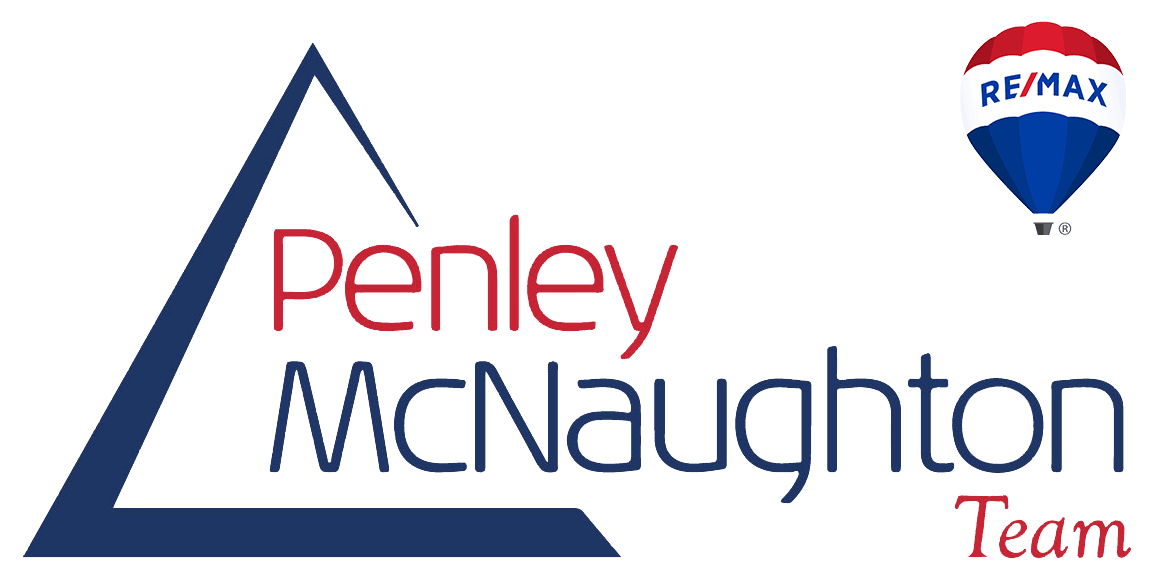Larger downpayments will be required by many Canadian homebuyers from next week as a new mortgage rule doubles the amount required by the CMHC for home purchases between $500,000 and $999,000 where the mortgage is more than 80 per cent of the home’s value. The hike, to 10 per cent, will have an effect but one group of buyers is set to feel the biggest pain.
Don Campbell, senior analyst at Real Estate Investment Network says that first-time buyers will be most affected, especially in the hottest markets. “It could certainly prevent them from getting into a market that is overheated,” he told the CBC.
Brian Yu of Central 1 Credit recently wrote that he expected Greater Vancouver prices “have more room to grow with little risk of a significant downturn.” Yu cites young buyers as the hardest hit by the new rule. Again these are probably going to be first-timers.
RBC’s Robert Hogue agrees that the higher downpayment will hit those buyers in the hottest markets, writing that it will “raise the bar to home ownership quite materially in Vancouver.”
- REP News
Global News:
Starting Monday, house hunters will face new rules requiring larger down payments on homes that are listed above $500,000. The changes are expected to have an impact on key real estate markets, but to what extent is up for debate.
“The increase will raise the bar to homeownership quite materially in Vancouver and Toronto,” housing experts at RBC Economics say. “Especially for first-time buyers.”
Announced in December by Finance Minister Bill Morneau, the minimum amount a buyer will have to put down on a home worth half a million dollars or more will increase from 5 per cent of the price to a blended, higher rate: 5 per cent down on the first $500,000, and 10 per cent down on any dollar value above that amount.
Let’s use the example of a $700,000 home. Under the (soon to be old) 5 per cent rule, a buyer would need $35,000 down to qualify for an insured mortgage loan.
On Feb. 15, the new minimum on that same home will jump to $45,000 or an additional $10,000.
The change is the federal government’s first move to cool the housing market since 2012, and is specifically aimed at levelling offsharp price jumps in two centres: Vancouver and Toronto (see chartbelow).
MORE: Latest coverage — The Great Canadian Housing Boom
By targeting higher-priced homes, the majority of the country’s real estate markets won’t see much of an impact, it’s believed.
“Rather than a blunt instrument, this is a targeted measure designed to deter a very small segment of buyers from stretching into the market with a very low equity position,” BMO economist Robert Kavcic says.
The current tightening manoeuvre is “a less aggressive move than those brought in back in 2012,” said Kavcic, who believes the change will have a minimal impact, even on its intended geographic targets.
There will nevertheless be some disruption. Here’s a look at how the new rules will affect homebuyers across the country.
More bad news for Alberta
Alberta cannot catch a break. Already pressured centres like Calgary and Edmonton will feel additional strain from the new rules, experts say.
Average prices in Calgary currently hover just under the half-million dollar mark, meaning “a good portion [of homes] in that already-stressed market will be within the targeted range,” Kavcic said.
Seven in ten new single-family homes sold in Calgary last year were priced above $500,000, according to the Canadian Association of Home Builders. Edmonton will feel the impact too, with more than two thirds of new homes sold in the city last year priced above half a million bucks.
“It’s unfortunate that Alberta home buyers are forced to pay the price for what are seen as problems in other parts of Canada.”
MORE: Alberta bears brunt of January job losses as oil rout cuts across economy
With household incomes already feeling the repercussions of relentless job cuts, bigger down payments are the last thing builders, agents and buyers and sellers want to see.
“It’s unfortunate that Alberta home buyers are forced to pay the price for what are seen as problems in other parts of Canada,” the province’s builder group said.
First-time buyers
Homeowners who are “moving up” to a bigger or more expensive property likely won’t feel the hit of the rule changes, experts say. That’s because they can leverage the proceeds from the sale of their existing home which will more than likely provide a more than sufficient down payment on the next property.
The added requirements will, however, price a larger percentage of first-time buyers out of the market. The changes will also motivate more to seek additional sources to borrow money from.
“First-time buyers at the margin who don’t quite meet the new down payment requirements could be forced to move down the price spectrum, defer purchases or find alternative financing for the bigger down payment – mom? Dad?” Kavcic said.
“Borrowers have increasingly been relying on less regulated non-banks and private lenders, or so-called shadow banking,” Derek Burleton, deputy chief economist at TD Bank said. “Further regulation may only push first-time homebuyer activity to these lenders.”
Shadow lenders don’t have the same stringent lending standards as traditional lenders like banks and credit unions, which could lead some borrowers to take on a riskier amount of debt, experts say.
MORE: The least affordable places to live in Canada are…
Hot markets
As for the country’s two most exuberant housing markets, the effects of the rule changes coming into force next week will either be fleeting and small or “material,” depending on which expert you ask.
In Vancouver, a first-time buyer of an average priced home will have to pony up an additional $22,000 – or 47 per cent more – to get over the hump of the new bare minimum of $69,000. In Toronto, the minimum to qualify for a mortgage on an average home in the city — now north of $625,000 — will rise by a fifth to $38,000, RBC economist Robert Hogue said.
Those calculations are based on the Canadian Real Estate Association’s latest data from December – prices in both cities have climbed since.
“We believe that the change announced [Dec. 11] will have a non-trivial impact on high-priced markets,” the RBC senior economist said.
TD’s Burleton disagrees. “Home price growth in Toronto and Vancouver has been the result of tight supply conditions, in the wake of strong demand. These rules don’t help alleviate supply-related pressures.”
MORE: House prices in Vancouver, Toronto are accelerating at ‘dramatic’ rate
The TD economist said buyers of pricier homes have been conditioned to have larger down payments because of past rounds of mortgage-tightening rules by Ottawa. Most purchasers in Toronto or Vancouver simply come ready to put down 20 per cent or more.
“Hot markets in Ontario and B.C. are being driven by purchasers with larger down payments, whether it be millennials getting help from their parents, move-up buyers or domestic [or] foreign buyers,” Burleton said.
The “bigger picture fundamentals” driving home price gains in Toronto and Vancouver — restricted supply of detached homes, demographic demand, low mortgage rates and inflows of foreign wealth — “remain firmly in place,” BMO’s Kavcic said.






